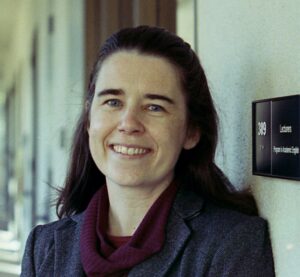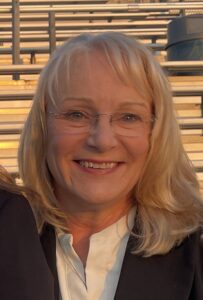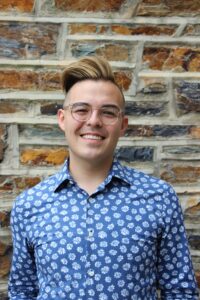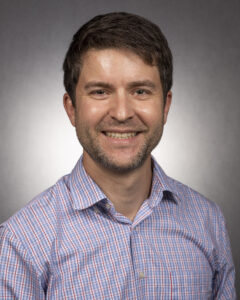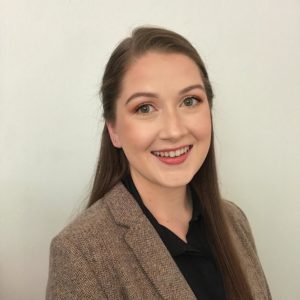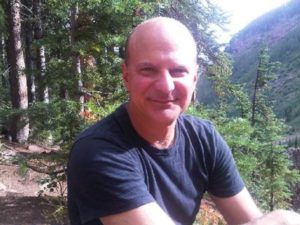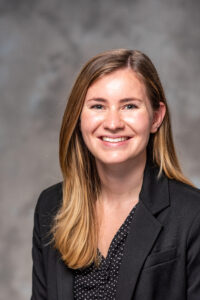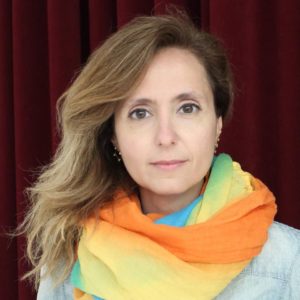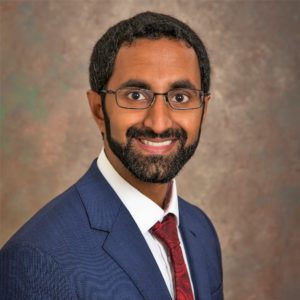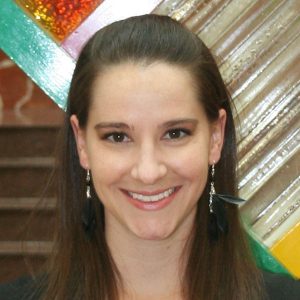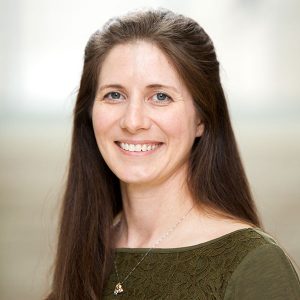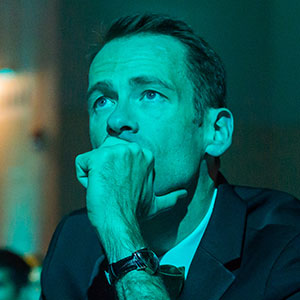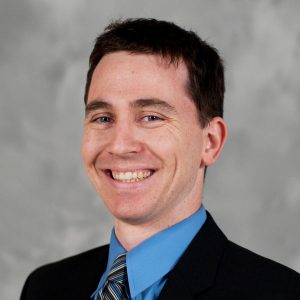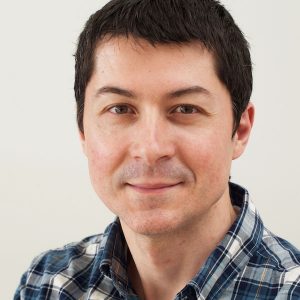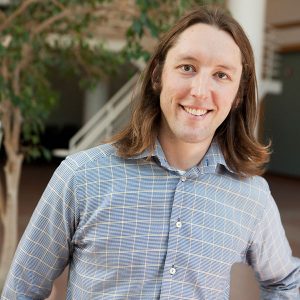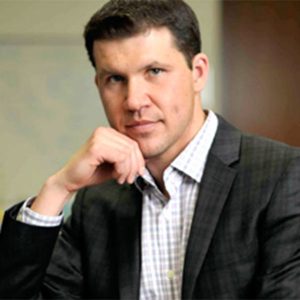Emily Aurand
Dr. Emily Aurand is the Director of Roadmapping and Education at EBRC. Emily serves as the executive editor of EBRC’s technical research roadmaps, and has led the production and release of five EBRC technical roadmaps to-date, all of which are available through https://roadmap.ebrc.org. Emily also serves as the EBRC Industry Internship Program director and leads the EBRsee outreach and education project, spearheading the recent collaboration with the Tumble Science Podcast for Kids to create “Life Lab” a five episode podcast series about engineering biology for school-aged kids and their families. Emily supervises and mentors the EBRC science policy postdocs and research assistant and supports the Student & Postdoc Association. Emily also leads EBRC science policy communications, contributes and reports on funding and grant support, and oversees and manages the EBRC websites.
Prior to coming to EBRC, Emily was an American Association for the Advancement of Science (AAAS) Science & Technology Policy Fellow at the National Science Foundation. At NSF her work in the Division of Chemical, Bioengineering, Environmental, and Transport Systems (CBET) included evaluation and assessment of the Synthetic Biology and Biomanufacturing portfolios, collaboration on the strategic reorganization of CBET programmatic concentrations, and development and implementation of novel funding initiatives, in addition to serving as a subject matter expert (a biologist amongst engineers). During her AAAS fellowship, Emily also served as a co-chair of the Fellows’ Science Diplomacy Affinity Group, which explores how science and technology cooperation can be used as a tool for diplomacy.
Emily received a B.S. in Biomedical Sciences from Colorado State University and a Ph.D. in Neuroscience from the University of Colorado. She continued her academic training in Trieste, Italy with a neuroengineering post-doctoral fellowship at the International School for Advanced Studies (SISSA). Her scientific research experience spans the fields of developmental neurobiology, biomaterial development, and neural tissue engineering and biocompatibility.
Emily is a United States Figure Skating Double Gold Medalist and the proud Auntie to adorable toddler Jack. In her free time, she likes to relax by practicing yoga, dancing in her kitchen while she cooks, and snuggling with her elderly cats (who make frequent appearances in EBRC virtual events). When she’s not traveling to convene with EBRC members and stakeholders, Emily lives and works in Colorado.
